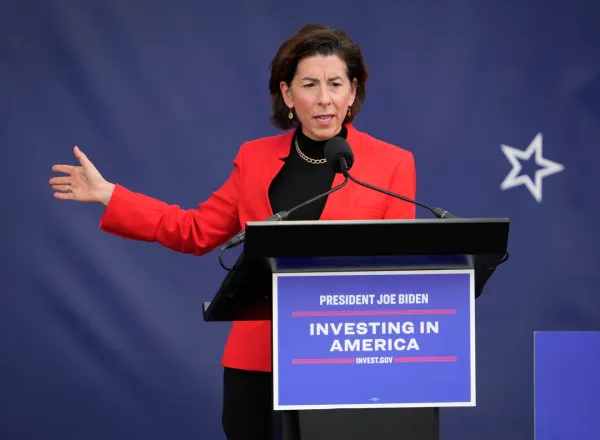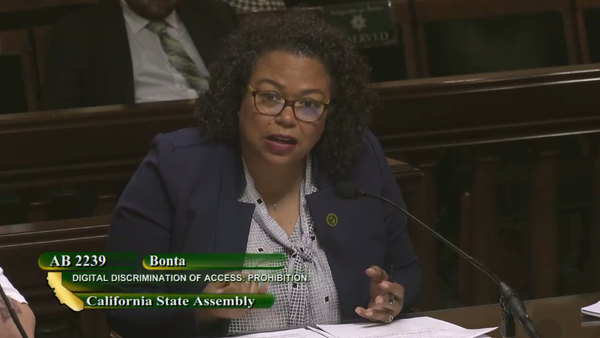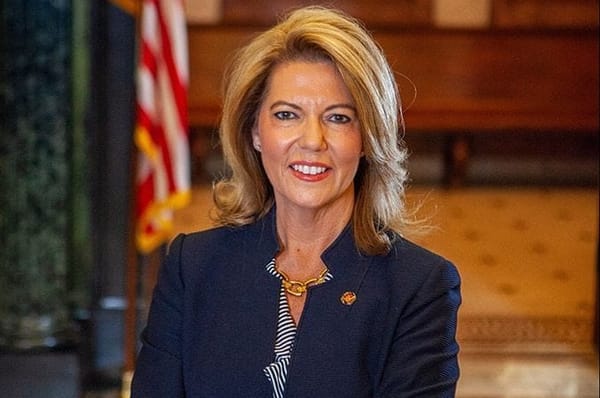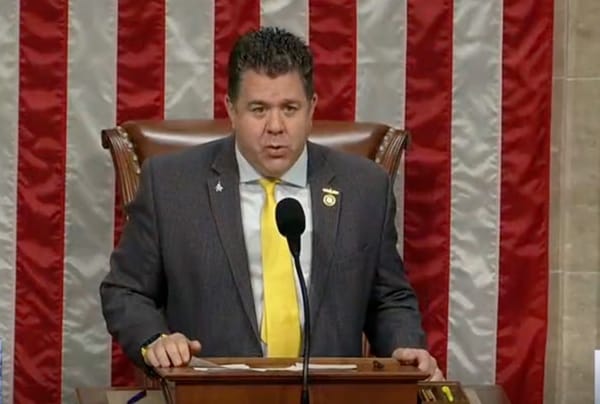Tribal Priority Window for 2.5 GHz Falls Short, ConnectMaine Grants, Promoting ‘Digital Advancement’
The Federal Communications Commission’s priority window for tribes excluded many native people across the country, said Amerind Project Manager Edyael Casaperalta at an event on the digital divide hosted on Wednesday by Silicon Flatirons. Because there isn’t enough incentive for broadband providers

The Federal Communications Commission’s priority window for tribes excluded many native people across the country, said Amerind Project Manager Edyael Casaperalta at an event on the digital divide hosted on Wednesday by Silicon Flatirons.
Because there isn’t enough incentive for broadband providers to cater to tribes, Casaperalta explained, the FCC’s 2.5 GigaHhertz (GHz) spectrum auction is very important.
The tribal priority window allowed 174 nationally recognized tribes to participate, but that excluded tribes living in urban areas, state-recognized tribes, and indigenous people who aren’t technically tribes but have a relationship with the government, such as native Hawaiians. Otherwise, their lands would be eligible for rural broadband.
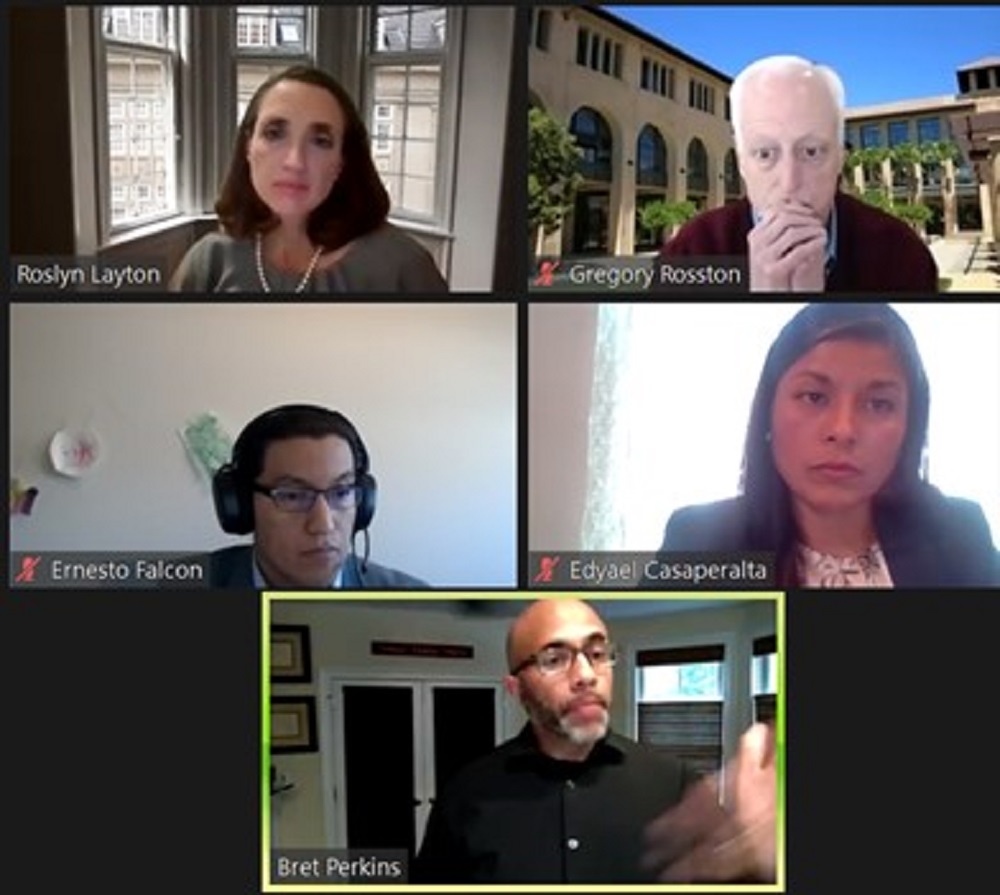
The timing of this priority window was also problematic, she said. Tribes were encouraged to apply February through August, a time when tribes were focused on trying to protect their residents against the novel coronavirus.
Although tribal groups petitioned the FCC for a 180-day extension, the agency provided only 30 additional days.
Stanford Institute for Economic Policy Research Director Greg Rosston said that while the FCC has led the world in its approach to auctioning spectrum, they are only as good as their goals.
He posited that the FCC met their goals for the 2.5 GHz auction, it’s just that the agency’s goals weren’t specific enough.
ConnectMaine seeks grant applications
The ConnectMaine Authority seeks community broadband planning grant applications to expand broadband service in the state.
Planning grants are awarded to develop plans for expanding the availability of broadband service. They are designed to encourage cross-community collaboration and produce strategies for digital equity and inclusion.
Municipalities, groups of municipalities, countries, and community organizations that provide local or regional economic development programs are encouraged to apply. The application window closes on November 20.
The state’s goal is to contribute 25 percent of the total cost of expanding the availability of broadband, connecting 95 percent of potential subscriber locations by 2025.
ConnectMaine’s mission is to facilitate universal availability of broadband to all households and businesses in Maine, as well as help them understand the valuable role broadband can play in enriching their lives and helping their communities thrive. ConnectMaine staff can be reached at Connect.ME@maine.gov.
Founding members of the former One Economy announces Centri Tech
One Economy Corporation’s founding members announced the creation of Centri Tech, a social venture hoping to lift the human condition by mobilizing the full potential of technology, a concept it calls “digital advancement.”
To the group, “digital advancement” lies at the intersection of real estate, housing, technology, culture, and innovation to overcome socioeconomic disparities.
It calls for a widespread technology policy and practice focused on both public and private sectors, as well as a network of like-minded entities from the public sector, technology and corporate industries, philanthropy, in addition to the community development and housing sector.
The concept also calls for digital innovation practices to leverage new technologies with social purpose. Centri Tech integrates these strategies into a platform, driving impact for society and the people in it, with a focus on improved health, wealth and environment.
The Centri Tech team formerly founded One Economy Corporation, which existed from 2000 to 2012. It worked in 17 countries with a mission to network affordable housing with broadband and to promote its adoption and use for life-sustaining and life-enhancing actions.
Centri Tech launches with Centri-Wilco, a national minority-owned systems integration platform focused on implementing broadband connectivity and technology to housing and mixed-use development. The Digital Integrators, a work-based learning solution that seeks to connect the unemployed and underemployed to the expanding digital economy by providing hands-on training, aims to deploy systems and property technology integrations supporting broadband adoption.


